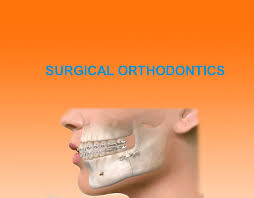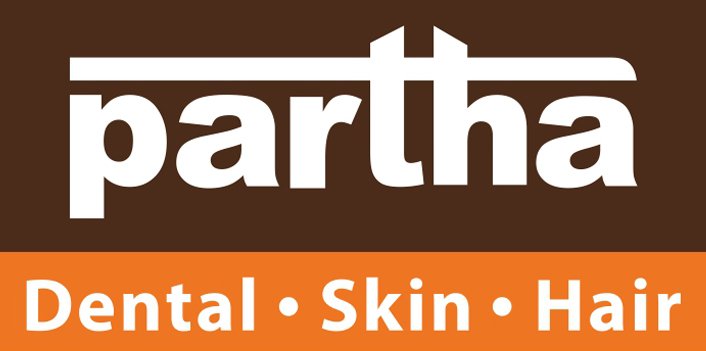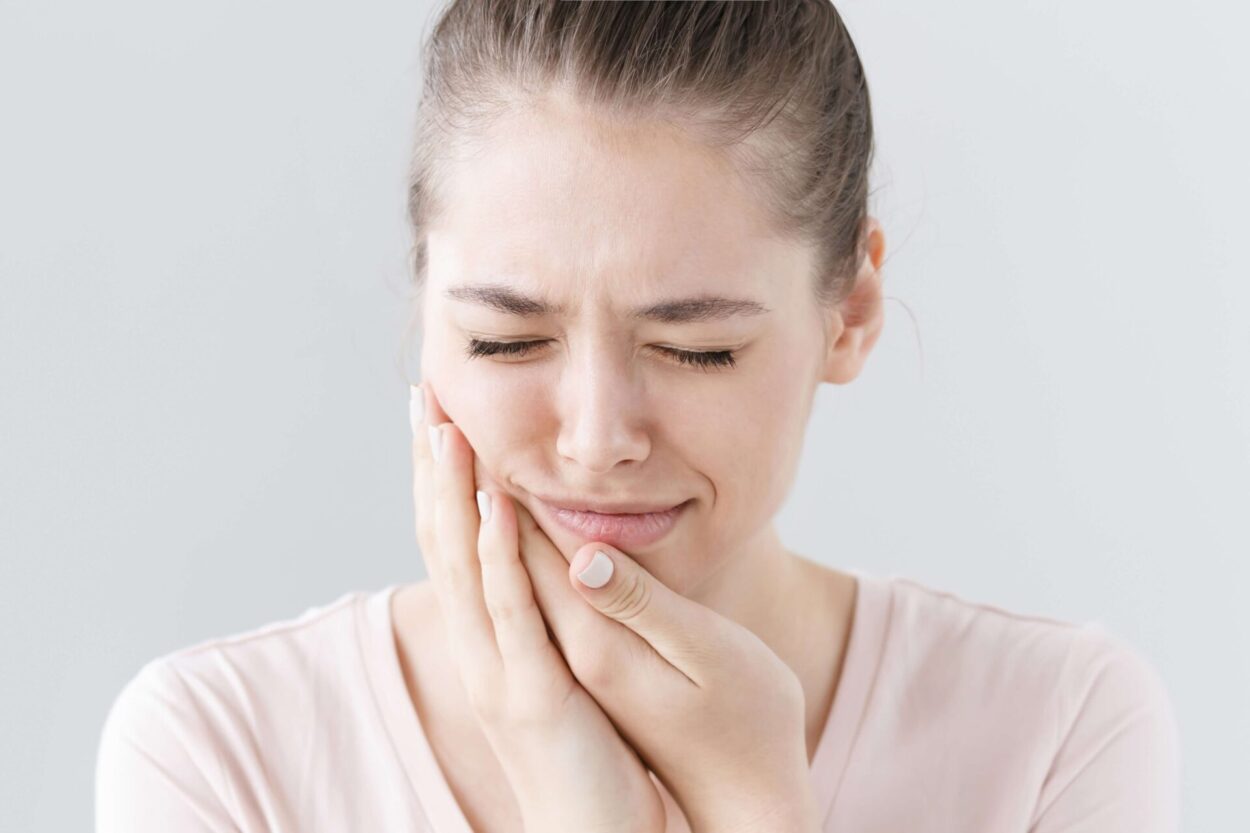Jaw discomfort can be brought on by trauma, dental issues, and other illnesses. You don’t have to endure jaw pain in quiet; it might range from mild to severe. You can get treatment to get rid of your discomfort if a medical professional determines the cause of your jaw pain.
The Structure of Your Jaw
Your lower jaw, or mandible, is joined to your skull on each side by the temporomandibular joints (TMJ) on either side of your mouth. As you speak, eat, drink, yawn, brush and floss your teeth, and make other movements with your mouth, these joints can easily slide, twist, and move in different directions. if TMJ is injured or overused, it might click or pop instead of moving easily, which can cause you pain and discomfort,.
Temporomandibular joint disorder (TMD), also known as temporomandibular joint and muscle dysfunction, is the term used to describe any issue or pain related to the TMJ (TMJD).
What are the Causes of Jaw Pain?
TMJ pain can be caused by anything that causes pain in other joints. Jaw pain can be a symptom of arthritis or fibromyalgia. TMD pain is typically caused by stress on the joint’s physical structures and nearby muscles.
Some of the stresses on the jaw joint and pain triggers are as follows:
- Incorrect bite
- Pressure from orthodontic work, braces, or retainers
- Teeth grinding: People who clench or grind their teeth put strain on their TMJ, resulting in jaw pain. Clenching and grinding occur frequently while sleeping, and you may be unaware of this habit.
- Poor posture, particularly holding your neck and head incorrectly while typing or reading.
- Emotional stress that causes your facial muscles to tense.
- Poor diet
- Injuries from falls or sports: Injuries and trauma can damage or move your TMJ, limiting its ability to move freely.
- Opening your mouth too wide: When you eat or talk, opening your mouth too wide can put strain on your TMJ and cause TMD.
- Arthritis and other rheumatic diseases: These affect and cause pain in various joints, including your TMJ.
- Tension headaches: These headaches are most commonly caused by stress and can cause pain throughout the face and jaw.
- Synovitis and capsulitis: These are the conditions that cause inflammation in joints or connecting ligaments, such as the TMJ. Inflammation around the jaw can be excruciatingly painful.
- Ill-fitting dentures: If your dentures do not fit properly, they can force your mouth into an unnatural position, triggering and aggravating TMD.

What Are the Symptoms and Signs of TMD and TMJ Pain?
- TMJ pain symptoms can be confused with toothache, ear infection, and headaches. Women are slightly more likely than men to suffer from TMJ pain. It usually occurs between the ages of 20 and 40.
- The main symptom is pain or tenderness in front of your ears. It hurts the most when you eat, speak, or do anything else that requires you to open and close your mouth.
- Patients frequently report hearing clicking or popping as they move their mouth.
- When the other muscles in the head try to compensate for the jaw muscles, headaches and neck pain can occur.
- It may be difficult to close or open your mouth at times.
TMD and TMJ pain can have a significant impact on your life. Pain while chewing crunchy foods, particularly vegetables, can lead to a shift in diet toward unhealthy foods. People who suffer from chronic jaw pain produce less saliva, which causes additional speaking and eating difficulties as well as tooth or gum problems.
Treatment Options for Jaw Pain:
The best course of treatment will be determined by the cause of your jaw pain. To develop your treatment plan, your dentist will thoroughly examine your mouth and jaw.
- Treatment can be as simple as taking antibiotics to clear up an infection or switching to a soft diet to relieve pressure on the jaw until the problem resolves itself.
- Some patients may require the use of a mouth guard to prevent bad habits and correct a misaligned bite.
- Injections of steroids and pain relievers can help reduce swelling and inflammation around the joints.
- Some patients may benefit from physical therapy as well. Surgery may be required to remove tumours, damaged bones, or infected teeth, as well as to treat impacted nerves.
Preventive measures of Jaw pain:
Once your jaw pain has been resolved, the following precautions can be taken to reduce the likelihood of it recurring in the future:
- Soft foods, such as pastas and soups, should be preferred over hard, crunchy foods.
- When you eat, take small bites.
- Adopt relaxing habits like meditating, yoga, and getting regular massages.
- Rather than sleeping on your stomach, sleep on your side or back.
- Visit your dentist on a regular basis for oral examinations.




